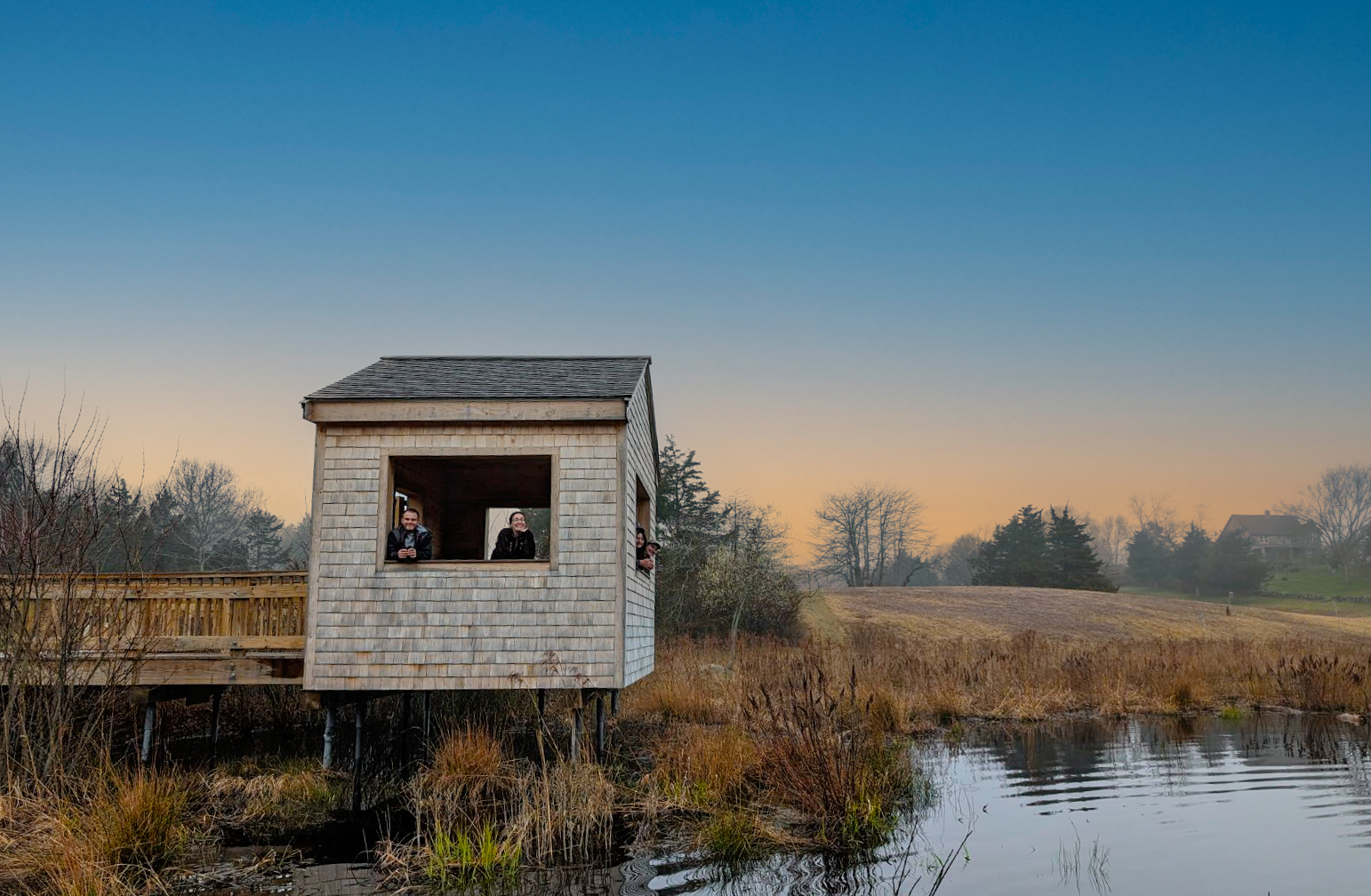More than 80 percent of people who live near the Delaware Bay said they “strongly agree” with the statement that they care about the environment, according to a recent survey.
The survey also revealed that 79 percent of residents believe that migratory shorebirds are important to the environmental quality of the region.
The survey was conducted in April by DHM Research, an independent polling firm. The research is part of a community-based conservation project and social marketing campaign supported by the Manomet Center for Conservation Sciences. Researchers contacted more than 400 residents who live within 15 miles of the Delaware Bay coastline. The survey’s margin of error is 3 percent -5 percent.
The Delaware Bay is a critical stopover for shorebirds that migrate each spring from southern South America to breeding grounds in the Arctic. Some shorebird species population levels have dropped dramatically in recent years. The rufa Red Knot population has fallen 80 percent in the last two decades. The campaign is designed to highlight the Bay’s vital and unique ecological importance and its value to residents and visitors.
SURVEY HIGHLIGHTS
Delaware Bay residents are deeply committed to environmental protection:
- 100% of residents say they care about the environment.
- 95% believe the Delaware Bay is important for the region’s ecological diversity and environmental quality.
- A majority (57%) believe the environment should be given priority, even at the risk of economic growth. (32% strongly agree and 25% somewhat). 38% want priority given to economic growth over environmental protection).
A strong majority thinks conservation can help economic growth:
- Over 90% believe the Delaware Bay is important to their history, economy, and for recreation.
- 69% of residents believe shorebirds are good for the region, and not just for attracting tourists for seasonal bird watching.
- 60% believe shorebirds are important to the local economy.
Residents want to help, but more education is needed:
- 46% of residents said they were not at all knowledgeable about the migration of Red Knots from South America. Another quarter (23%) was “not too knowledgeable.”
- About one-half (56%) said they are knowledgeable about horseshoe crabs.
- 95% say protecting shorebirds and horseshoe crabs is important.
- In order protect shorebirds and horseshoe crabs, residents are willing to buy seafood caught without crab bait (61%), volunteer time to restore beaches and habitat (53%), help flip stranded crabs (51%) and count shorebirds (35%).
“The survey results speak powerfully about the values of the people who live on both the Delaware and New Jersey sides of the Bay,” said Charles Duncan, Director of the Shorebird Recovery Project at the Manomet Center. “We found that people from all sectors: business owners, local officials, sportsmen, birdwatchers and educators, are speaking with one voice, saying ‘We care about this place, our place, and that includes the shorebirds and horseshoe crabs.’”





 Back to all
Back to all